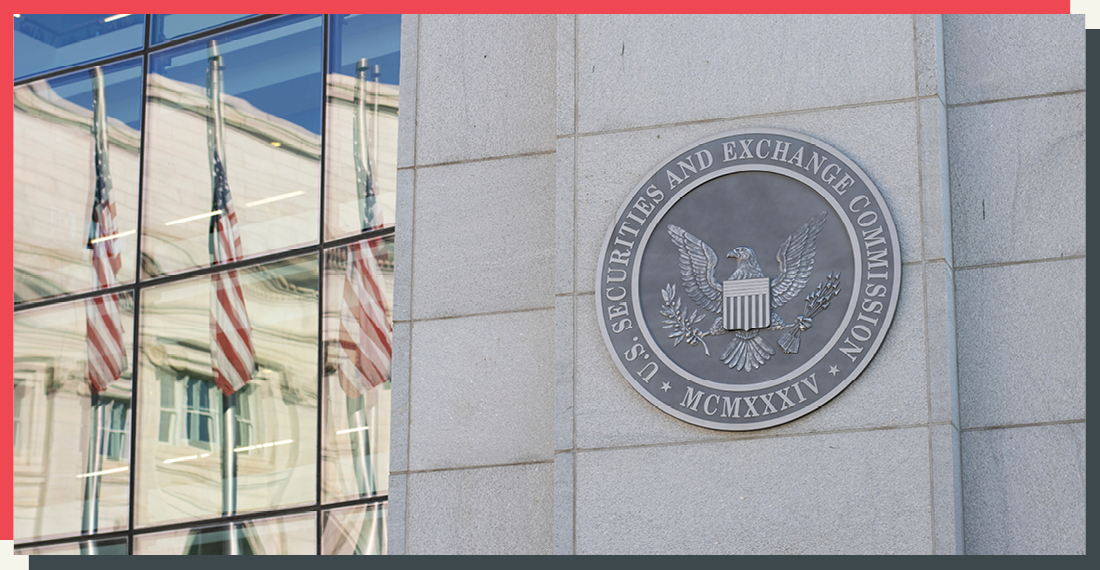By Temidayo Aganga-Williams, partner
On April 3, 2024, at The SEC Speaks in 2024 conference, officials from the U.S. Securities and Exchange Commission (SEC) cautioned lawyers appearing before the agency to avoid undermining their clients’ cooperation efforts.
In recent years, SEC Division of Enforcement Director Gurbir Grewal has reiterated the importance of cooperation, self-reporting as an element of cooperation, and self-policing through robust compliance programs for SEC-regulated entities. On Wednesday, Sam Waldon, chief counsel for the SEC’s Division of Enforcement, reaffirmed the agency’s approach to cooperation and emphasized that it must be fulsome and surpass mere compliance with subpoenas and documents requests. Waldon explained this may include “providing us with documents that we arguably can’t compel, conducting an internal investigation and providing us with the results of it, waiving privileges, and producing otherwise potentially privileged documents that help us develop the record more fully.”
Associate enforcement director Stacy Bogert warned that certain actions by counsel may hinder attempts to obtain lower monetary penalties or no penalties at all, including “unreasonable delays in document production, spurious privilege claims, witness coaching during testimony, ignoring conflicts of interest, [and] attacks on the staff.”
Also at the conference, Enforcement Director Grewal acknowledged that the SEC was “facing significant headwinds” in its enforcement efforts, highlighting challenges to its authority to regulate the crypto industry. “We have confronted significant non-compliance and many, many creative attempts by market participants to avoid our jurisdiction,” he said.
Grewal highlighted the March 27, 2024, decision of Judge Katherine Polk Failla of the U.S. District Court for the Southern District of New York in SEC v. Coinbase, Inc. In the decision, Judge Failla ruled in the SEC’s favor and against the majority of Coinbase’s motion to dismiss, finding that the agency had a plausible case against the exchange. The SEC sued Coinbase last year, the same week it sued exchange Binance, alleging that Coinbase was, among other things, violating federal securities laws by operating its crypto asset trading platform as an unregistered national securities exchange.
Crypto exchanges are simply the latest canaries in the coal mine. Developments in this sector are signaling to clients and counsel alike the SEC’s increasingly stringent expectations for cooperation with its investigations. Although crypto is a cutting-edge subject area, the rules of engagement with the SEC are not—counsel should continue to proceed with caution and show respect.
The SEC’s emphasis on robust cooperation is consistent with directives from the Department of Justice, which recently revised its corporate enforcement policies to encourage companies to voluntarily disclose wrongdoing in exchange for reduced penalties.


.jpg)